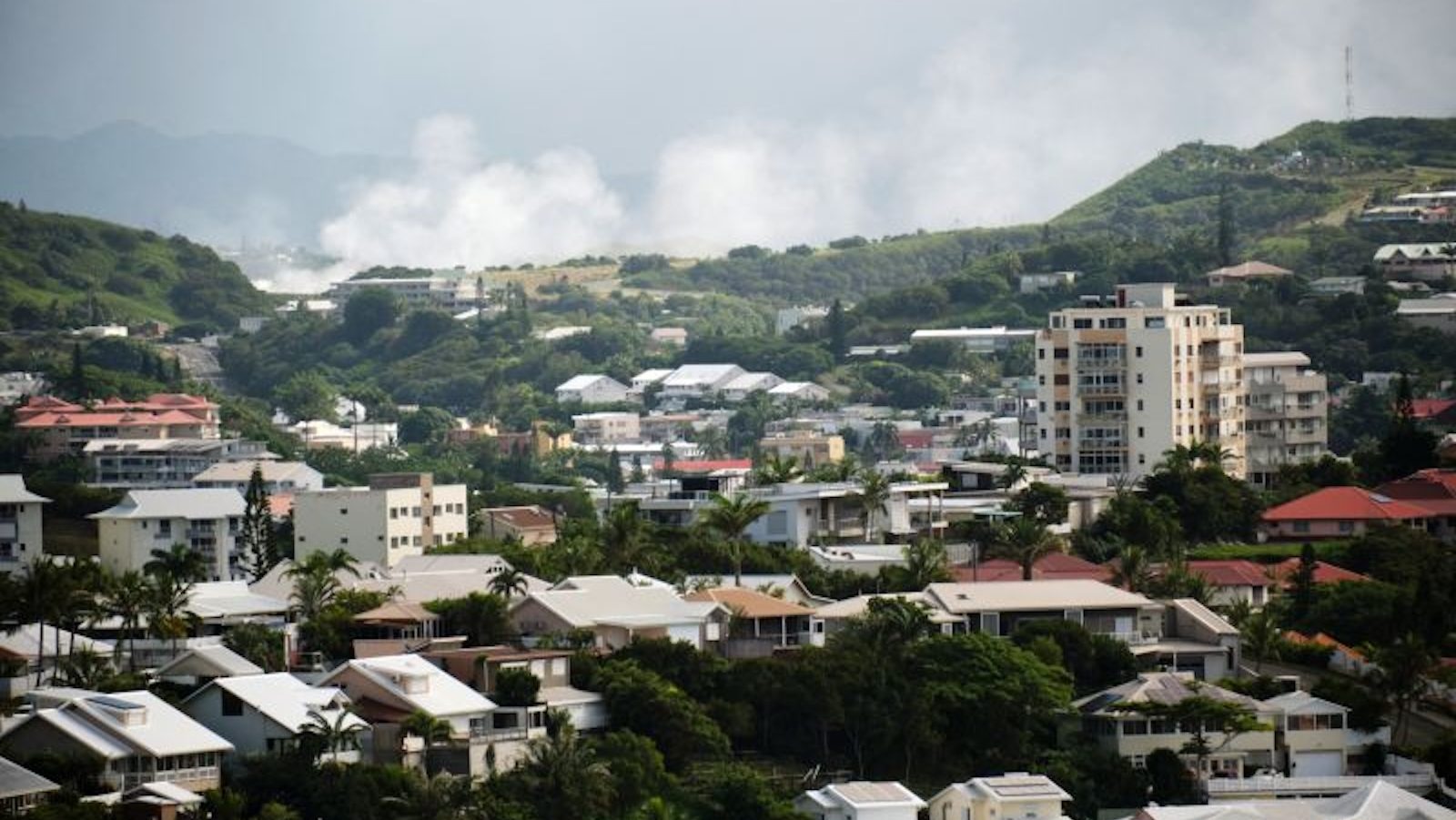New Caledonia has been gripped by unrest and violent protests, leading to dire consequences and international intervention. The turmoil, sparked by a French constitutional amendment impacting local elections, has resulted in six deaths, extensive property damage, and disrupted daily life on the island. The indigenous Kanak population, fearing that the amendment would dilute their voting power, has been at the forefront of these protests.
Australia and New Zealand have dispatched government planes to evacuate their nationals from the affected region. The evacuations follow a week of increased violence and chaos that saw 3,200 people stranded due to the closure of commercial flights at Nouméa airport, which remains closed until at least May 25. High Commissioner Louis Le Franc has announced that over 1,600 additional troops would be deployed to restore order, bringing the total number of security personnel to 2,700.
The violence has left New Caledonia's economy in tatters, with reports of 150 businesses looted and burned, along with road blockades restricting access to essential supplies such as medicine and food. Social unrest continues despite the efforts to maintain order, with incidents such as the arson attack on a warehouse and the ransacking of a cultural center in Doumbea.
The French High Commission has implemented several emergency measures, including a night curfew, a ban on gatherings, and restrictions on the sale of alcohol and the transport of weapons. Additionally, the TikTok application has been banned, a decision under contestation by civil liberties groups.
Despite the severe situation, French President Emmanuel Macron has emphasized progress in restoring order. The authorities are maintaining a firm stance on continuing with the constitutional reform, with key political figures urging that its withdrawal would embolden the rioters.
Meanwhile, foreign nationals are being evacuated as more planes are scheduled to arrive in the coming days. New Zealand Foreign Minister Winston Peters and Australian Foreign Minister Penny Wong confirmed the arrangement of flights for evacuating stranded tourists. Measures are also in place to facilitate the return of tourists who still possess their return tickets and proper documentation.
As the state of emergency remains in effect, the local government is working tirelessly to normalize daily life. Efforts continue to replenish opened supermarkets and clear blockaded roads, although the overall situation remains precariously balanced.
- The unrest in New Caledonia has brought international attention to the island’s longstanding political tensions. The constitutional amendment passed by the French government has been criticized by separatist groups who argue that it undermines the Kanak people's ability to influence local governance.
- During the emergency, France has mobilized significant resources to keep public safety intact and maintain civic order. The French President has also called for ongoing commitment and vigilance from the government to address the crisis effectively.
- Apart from the immediate human and economic toll, the crisis raises questions about the future of political reforms in New Caledonia. The decision to proceed with the controversial amendment could further strain relations between the French government and the Kanak community, potentially leading to longer-term ramifications.
- As the international community watches New Caledonia's situation unfold, neighboring countries like Australia and New Zealand continue to play crucial roles, not only in evacuating their citizens but also in providing broader support to stabilize the Pacific region.






